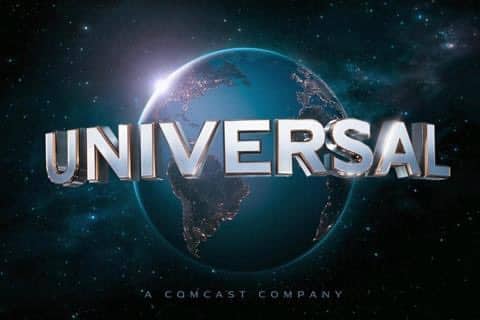On August 7, 2025, Universal Pictures intensified its stance against generative AI by adding a warning to the end credits of its films, prohibiting their use for AI training.
As reported by The Hollywood Reporter, the notice, featured in major 2025 releases like Jurassic World Rebirth, The Bad Guys 2, and How to Train Your Dragon, states: “This motion picture is protected under the laws of the United States and other countries. Unauthorised duplication, distribution, or exhibition may result in civil liability and criminal prosecution.” The warning explicitly bans using the films to train AI systems, threatening legal action against violators.
Universal’s move aims to safeguard its intellectual property amid growing concerns over AI-driven data mining. The studio, alongside Disney, recently sued AI company Midjourney, accusing it of plagiarism for using copyrighted content to train models, with an NBCUniversal spokesperson stating, “We’re suing to protect the hard work of artists and our significant investment in content.” This follows industry trends, such as Amazon’s July 2025 support for Showrunner, an AI service by Fable that generates new episodes from old TV shows, raising ethical and legal debates about content use.
All new Universal films will now include a disclaimer in the credits that their films ‘may not be used to train AI’
They intend to be more aggressive with suing companies using their movies to train AI
(via @THR) pic.twitter.com/xcIYs0LYdF
— Culture Crave 🍿 (@CultureCrave) August 6, 2025The warning reflects Hollywood’s increasing wariness of AI’s potential to exploit creative works without permission. Universal’s global insertion of the anti-AI clause adds a protective layer, signalling a proactive approach to preserving artistic integrity. The lawsuit against Midjourney underscores a broader industry push to regulate AI, balancing innovation with copyright protection. However, services like Showrunner highlight AI’s growing role in entertainment, prompting debates about “two-way” content creation, as noted by Fable’s CEO.
Universal Pictures to Big Tech: We'll Sue If You Steal Our Movies For AI https://t.co/QTRAzeMSCa
— The Hollywood Reporter (@THR) August 6, 2025The anti-AI warning has sparked discussions among filmmakers, artists, and audiences. While some praise Universal’s defence of creative rights, others question the feasibility of enforcing such bans in a rapidly evolving AI landscape.
Universal’s anti-AI stance highlights the tension between technological innovation and intellectual property rights, critical for protecting artists’ work and studio investments. As AI’s role in entertainment grows, clear regulations are essential to prevent misuse.






